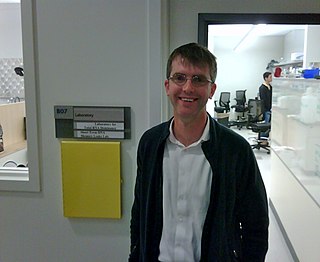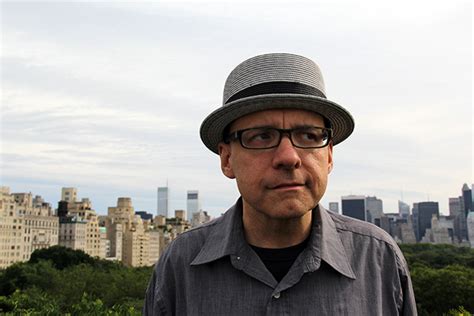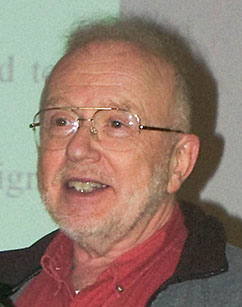A Quote by Larry Wall
I think operating systems work best if they're free and open. Particular applications are more likely to be proprietary.
Related Quotes
UNIX has a philosophy, it has 25 years of history behind it, and most importantly, it has a clean core. It strives for something - some kind of beauty. And that's really what struck me as a programmer. Operating systems that normal home users are used to, such as DOS and Windows, didn't have any way of life. Nobody tried to design Windows - it just grew in random directions without any kind of thought behind it. [...] I don't think Microsoft is evil in itself; I just think that they make really crappy operating systems.
The importance of our being free to do a particular thing has nothing to do with the question of whether we or the majority are ever likely to make use of that particular possibility. To grant no more freedom than all can exercise would be to misconceive its function completely. The freedom that will be used by only one man in a million may be more important to society and more beneficial to the majority than any freedom that we all use.
































